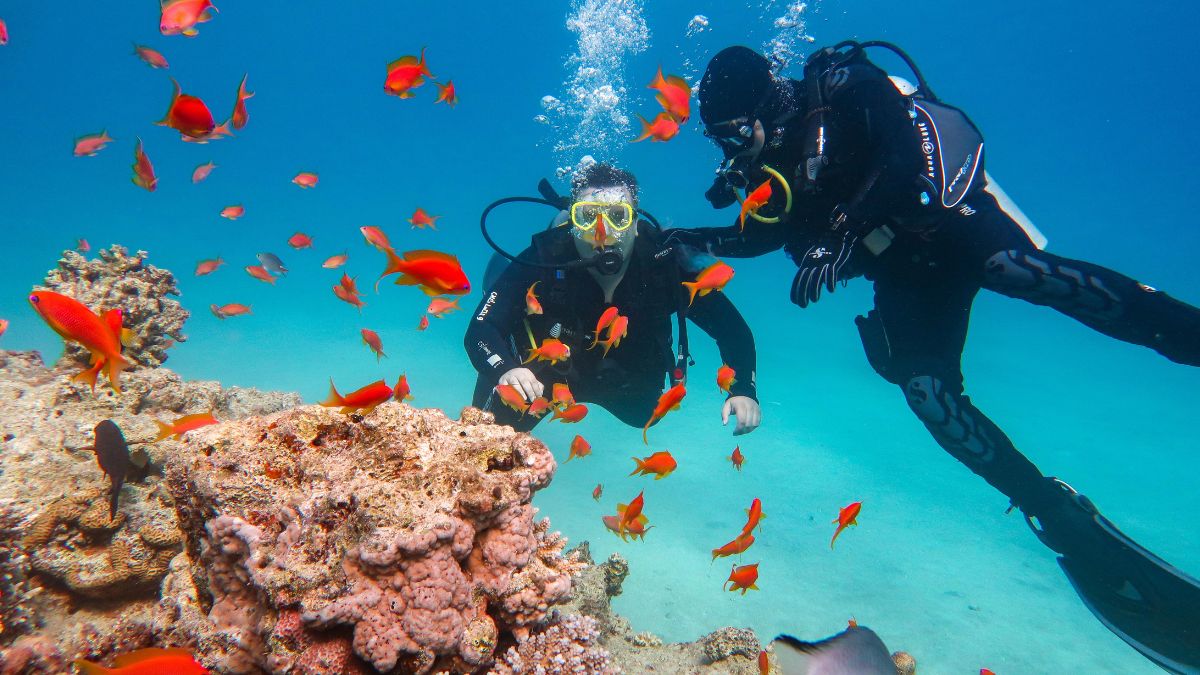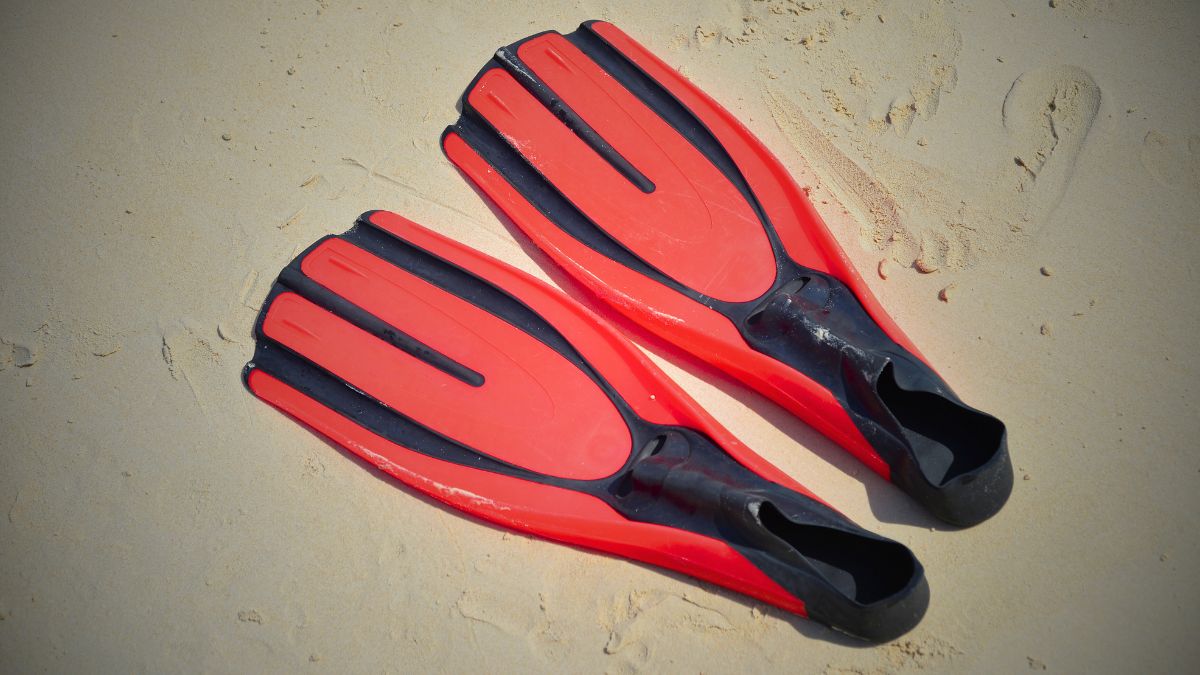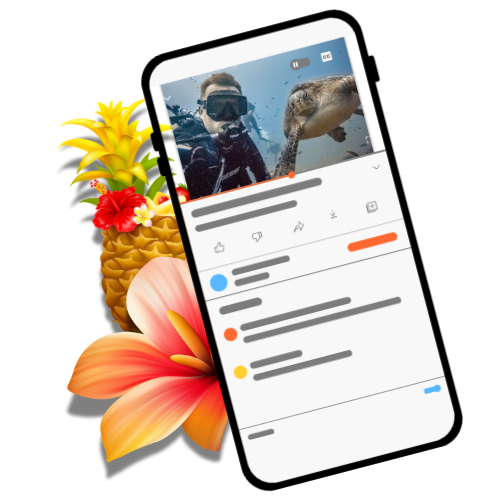Have you had a long break from diving and would like to get back underwater? Or is the diving season approaching and you’d like to be sure you remember everything? Certainly returning to diving after a break is a great idea, but let’s do it with awareness. So how do you recall everything from scratch and start your underwater adventure all over again? Today we will talk about refreshing your diving course.
If you have completed a diving course and earned a license then you don’t need to worry that it has expired. All diving licenses are issued with no expiration date, and even a long break does not mean that you have to do the diving course again.
However, the license is one thing, and the other is your skills and knowledge of procedures. Are you sure that despite the break in diving you remember everything? You won’t give your hand for that, will you? That’s why a refresher course is more than recommended.
A long break from diving? What does it mean?
Recreational diving is usually practiced as a hobby and as a way of enjoying a vacation. This means that, unlike professional divers, you don’t have contact with the water as often as you would like. Your vacation or break from work comes to an end and you have to forget about diving for another year or at least a few months. So it’s hard to expect to remember all the rules and nuances after such a long break.
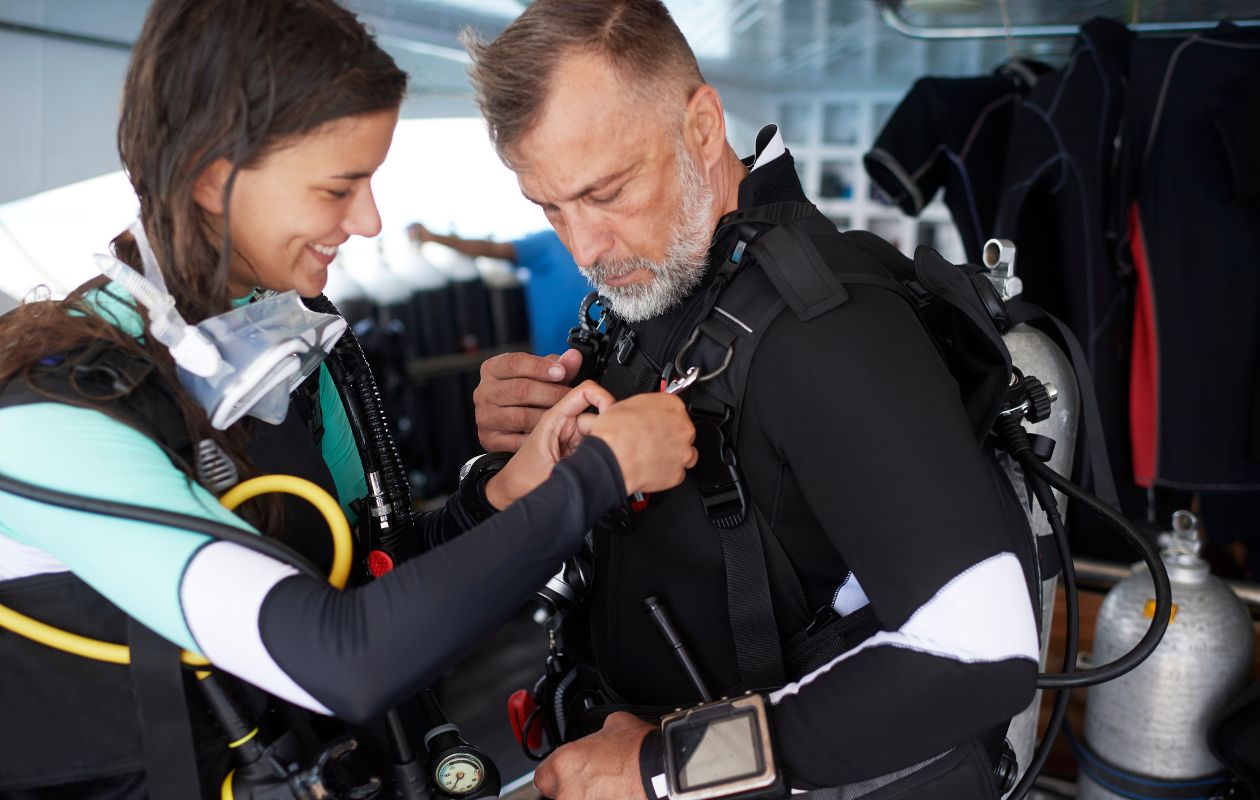
A long break in diving is not only a potential threat to your safety while diving. It also means less comfort, problems maintaining neutral buoyancy or simply more air consumption. So if you’re going to a cool diving region and paying often no small amount of money, you’d want to squeeze everything you can out of it. And imagine that because of your break from diving, the time you spent underwater was 12 minutes, and instead of enjoying the dive, you were struggling with your position. Not cool right?
PADI Refresher Program
It is for divers like you, who despite a break from diving would like to smoothly return to practicing this amazing hobby, that the refresher program was created. In PADI we call this a refresher program or PADI ReActivate™. This is a one-day class that will allow you to remember all the rules, equipment handling and basic underwater skills.
Refresh your diving skills with PADI ReActivate™
As I mentioned before, refresher classes are prepared for licensed divers who have had a long break from diving. This is not a dive course, so the amount of material and the way it is delivered is designed to get out of you what you already know. There will be nothing new here, or at least there shouldn’t be if you’ve chosen a good dive instructor to teach the basic course….
The PADI refresher course is available in two forms. You can do the theoretical part in the form of e-learning training, where all the material will be taught in an accessible and easy way. Alternatively, the second option is to redo the theoretical part directly with the instructor. At our Costa Rica Divers dive center, we always start our refresher training with classroom instruction, regardless of whether you’ve gone through the e-learning package before. Simply put, our attention to standards sets us apart from the crowd.
What activities will you do during the refresher training?
As I mentioned above, the first part is the theoretical part. After that, we will move to the part discussing all the elements of diving equipment and the principles of its operation. We will also remind ourselves how to assemble our equipment kit and what to check before jumping into the water.
Another part will be jumping into the pool to practice some of the basic skills, such as recovering the regulator or cleaning the mask. There will be nothing new here, and you should remember all the exercises from your basic course. It’s simply about making sure you’re ready to dive in open water.
Can I go diving without refresher training?
I assume that you are an adult and can make a decision for yourself. If this is the case, then the fact is that you can dive without refresher training. And even more – you can go scuba diving even without prior training and experience. To dive into the water at your own risk, you do not need any license. It is not illegal, and therefore allowed…. The question, however, is whether it makes sense and is it worth risking your own health and life?
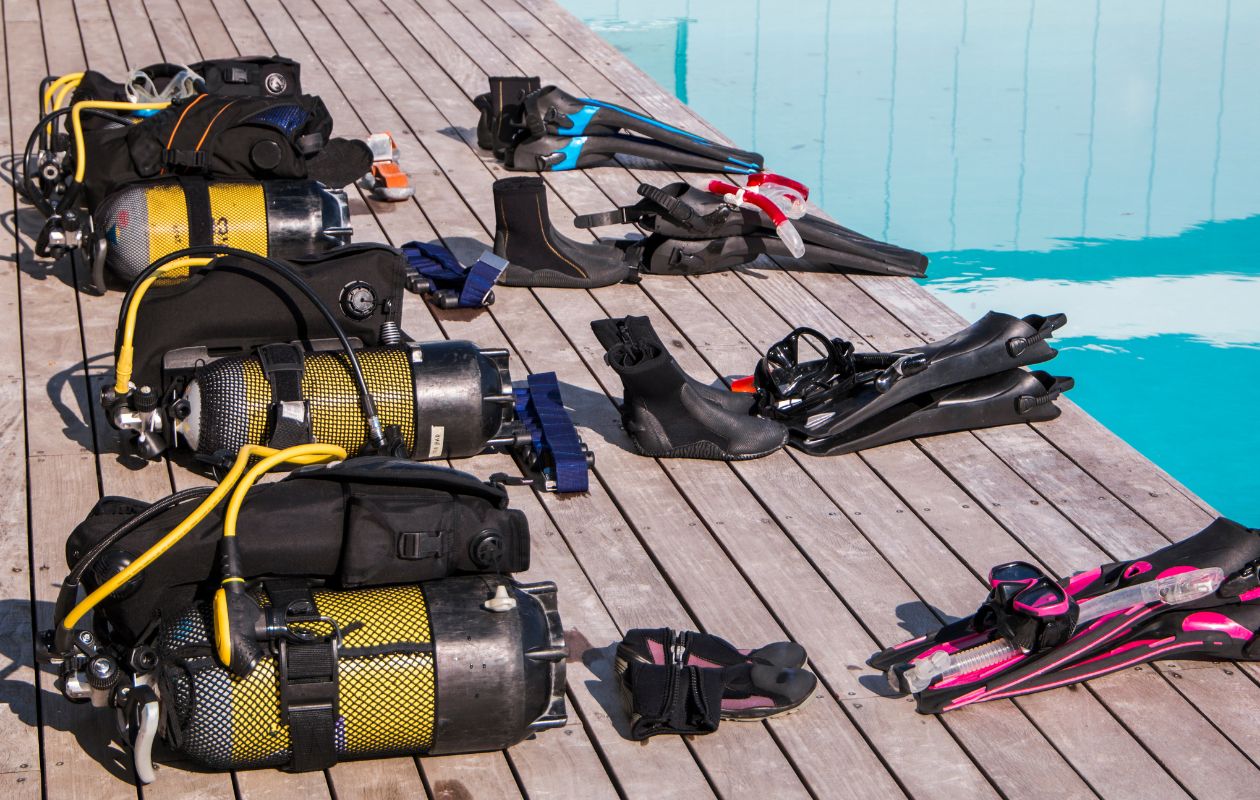
You probably answered no and wouldn’t go scuba diving without training, just as you wouldn’t go skydiving without first learning the rules. So if you want to get back in the water after a break from diving, just take a refresher training course.
Can a dive center refuse to take me on a dive?
Without beating around the bush – the answer is very simple, YES. Any dive center can refuse you to participate in a dive for a number of reasons. From such basic reasons as being under the influence of alcohol or other drugs, to an obvious lack of experience for a given type of diving. The rule is also that you should show that you have been diving in the last 6 months. If you have not, it is advisable to start with a refresher course. It is therefore a good idea to keep and carry a dive logbook.
I will not use the dive center
As I mentioned above, as an adult you can do whatever you want. If you are not going to dive with a dive center, but only with your colleagues then at least ask the more experienced ones to discuss the rules of safe diving. Check that your equipment is properly prepared and in good working order. It may need servicing after such a break from diving. At the end of the day, this is about having fun and not about nasty adventures….
Diving after a long break – let’s recap
I always repeat and will continue to do so – diving is safe and for everyone. It is one of the most enjoyable forms of recreation and a way to discover a completely different world. Something that cannot be experienced in any other way. Unless you intend to go into outer space….
But of course, as in any form of recreation or sport, certain rules apply here. Using equipment with compressed air must involve learning how to use it. If you don’t remember something, don’t pretend to be a know-it-all. Just ask your instructor, divemaster or even a more experienced colleague. This simply relates directly to your safety, but also to your diving comfort. And best of all, take a refresher training course!


